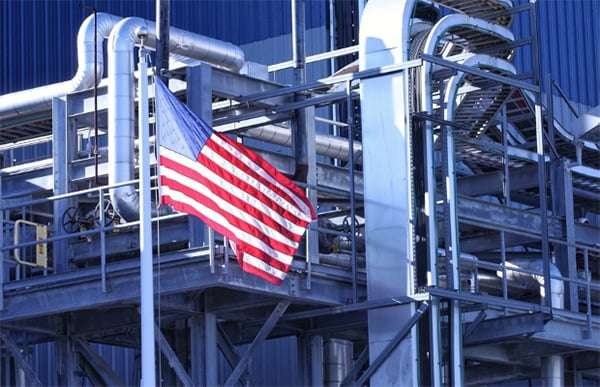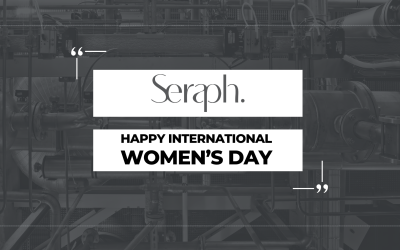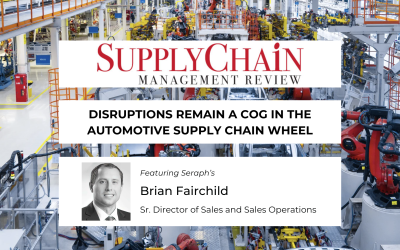Money alone can’t create growth
Economists refer to land, labor, and capital as the factors of production. These three categories of inputs are necessary to create the output of a business. We are in a period of very low unemployment, so low that there are fewer unemployed that available job openings. According to the Bureau of Labor Statistics, there are 5 open positions for every 4 unemployed workers.
Labor shortages are amplified locally
Through our clients, we see this low-labor challenge amplified at micro-regional levels. Manufacturing towns do not have the fluid influx of new talent to match financial investment, forcing companies to slow their capital outflows. Without the prestige of “Silicon-valley tech” or the sheen of “Wall Street money”, manufacturing continually faces challenges bringing in the leadership and specialist bodies required for rapid growth. Skilled and unskilled labor also can quickly face shortages in regions as a new investment can quickly bring the need for dozens of workers in the span of months. Areas of foreign investment and favorable government policy for business, like Alabama, Georgia, and Indiana have seen the most severe shrinkage of unemployment.
We are witnessing diminishing returns to physical capital investment
When this much of the population is in use, almost all of those workers with skills ready to complete the work in a given area will be exhausted. For years, companies have been reluctant to invest in people for the long-term. Now, some of those costs are returning as sharp increasing wages and salaries in low-labor supply areas.
Without technological or managerial developments, growth will be difficult to achieve going forward. Many large manufacturers are investing heavily in automation to reduce reliance on the human workforce, and are investing in future technologies to create new businesses. Unfortunately for the major players’ bottom line, this technology investment is more for survival than expansion. Most of the planned innovation, such as autonomous and electric cars, will cannibalize existing vehicle sales.
At Seraph we believe there still is a significant opportunity for managerial and process development within companies big and small across the U.S. Although investment in human development and better processes isn’t as conventionally attractive as a billion-dollar buzzword investment in Artificial Investment, it is financially lucrative in the short and long run. Firms need to take the time to consider how they can improve their process to be able to do more with their people, consider how they can re-organize existing physical assets to be agile for the future.
For firms considering investment, be wary of rosy financial models and make sure communication across your organization is clear. This will require thorough due diligence to consider the long-term labor requirements and readiness at the place of investment. In many cases, it will be helpful to benchmark your processes and assumptions against the industry to cut through the internal fog and eliminate launch surprises.
In the foreseeable future, regardless if unemployment stays strong or the economy declines, companies will need to be able to do more with less labor.
About Seraph:
Seraph’s team of operational managers and senior consultants intercede on our client’s’ behalf to fix a crisis that is putting the business at immediate risk; turnaround a situation that is damaging the bottom line; or to restructure to improve the balance sheet. Seraph has successfully delivered projects in the following regions: The Americas, Europe, China, and India. Seraph’s Industry Expertise Includes: Aerospace, Automotive, Energy Infrastructure, Healthcare and Medical Devices. Through our other operating companies we are constantly looking for distressed situations where we can put our expertise and capital to work in order to create value.






